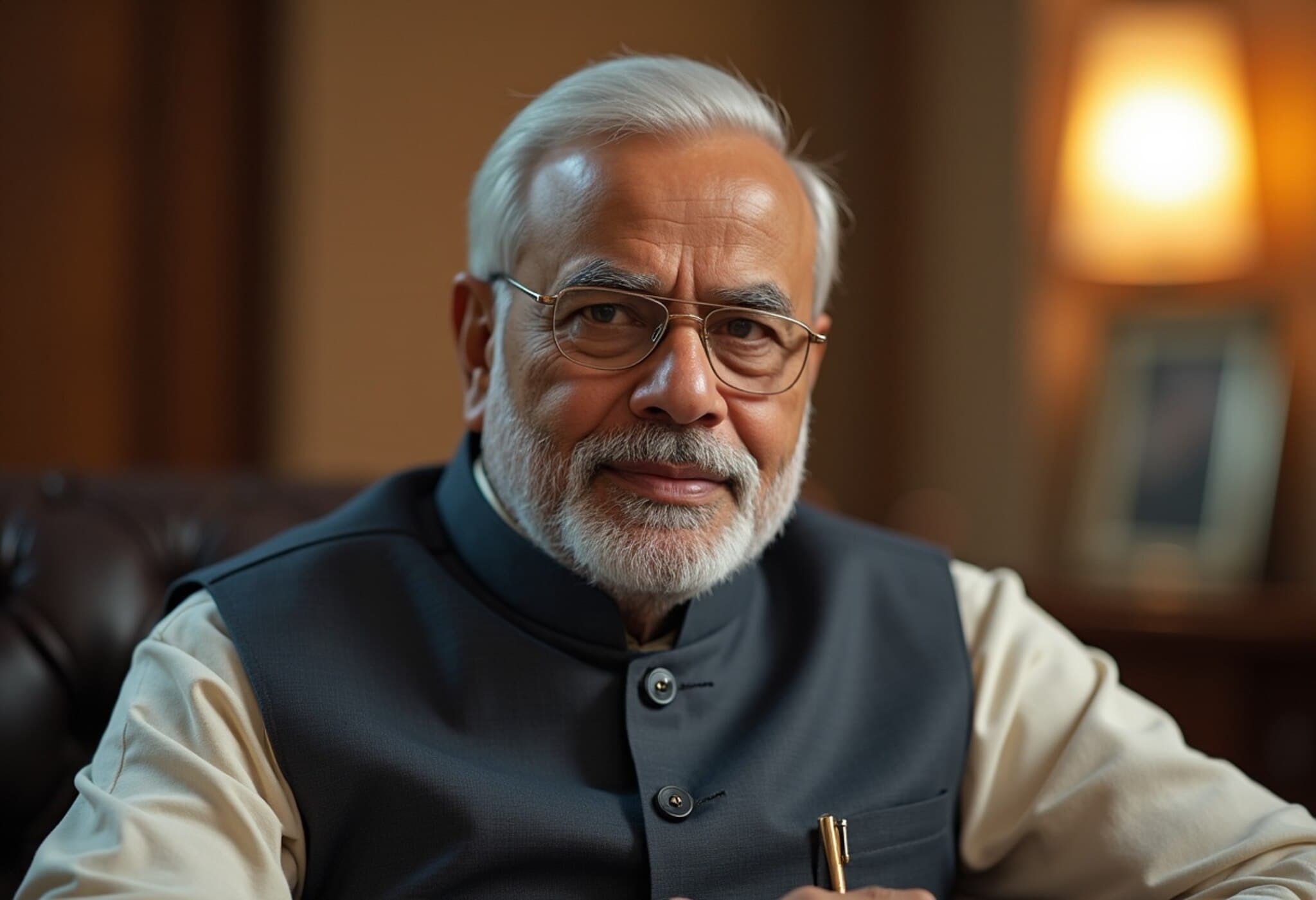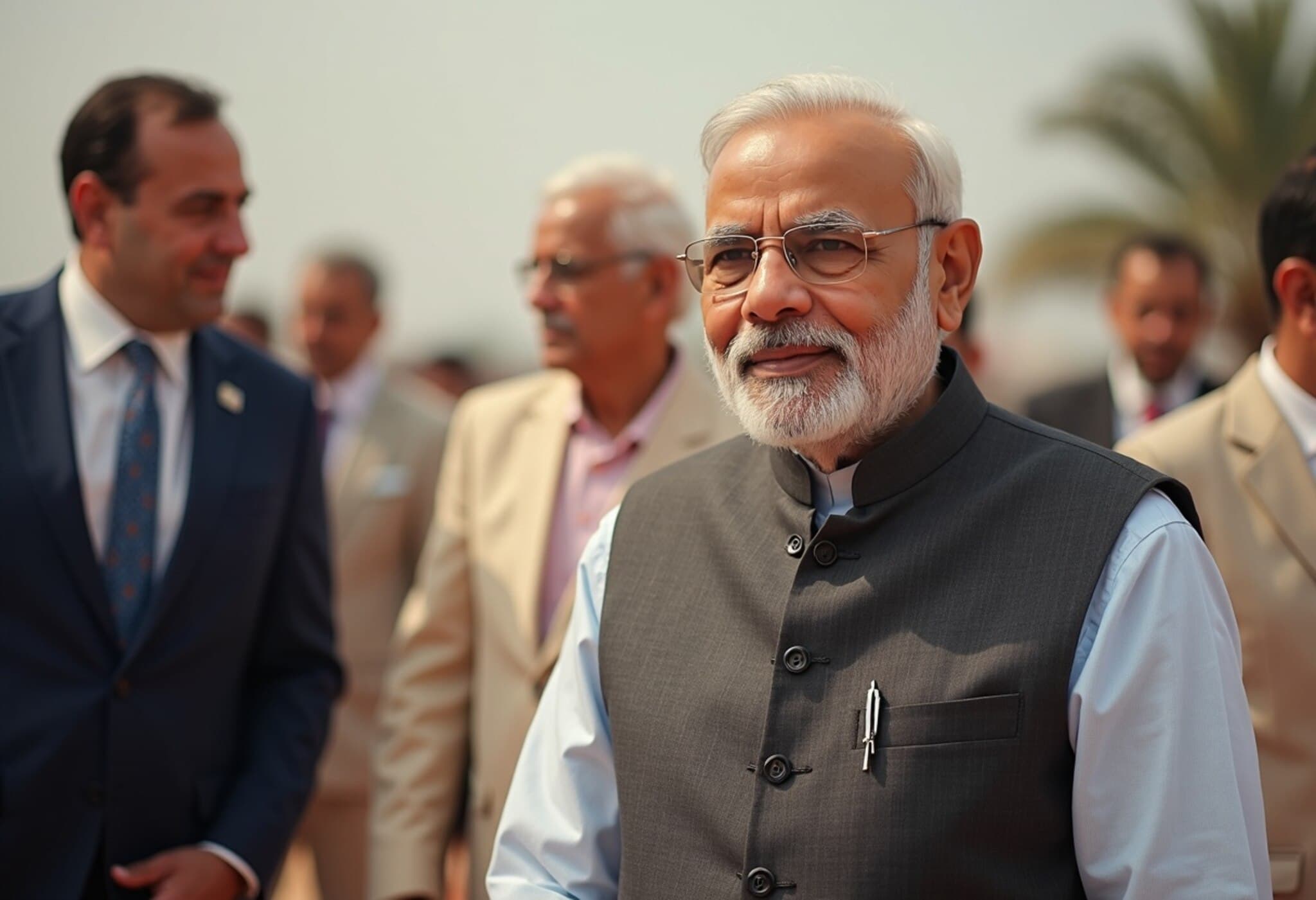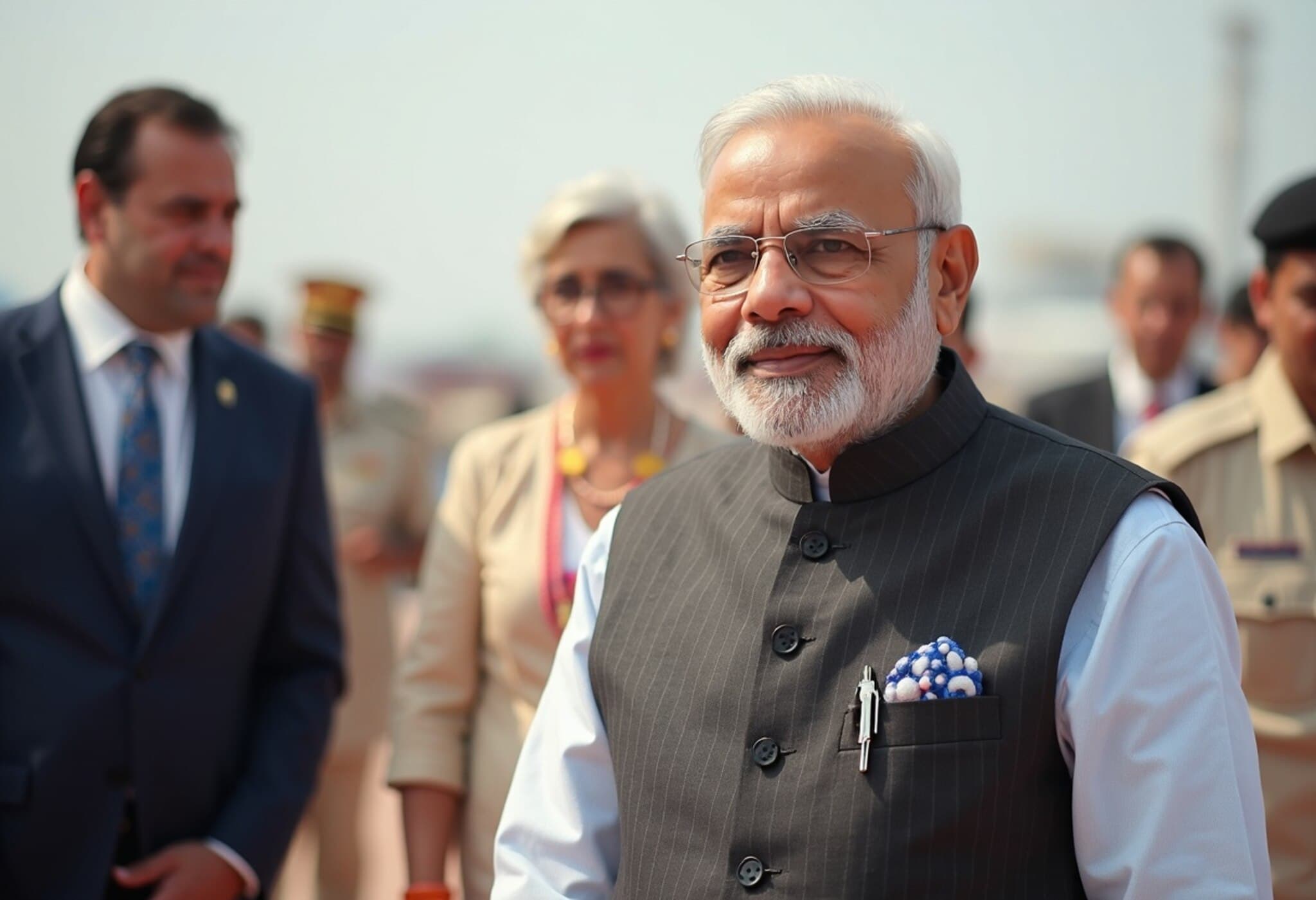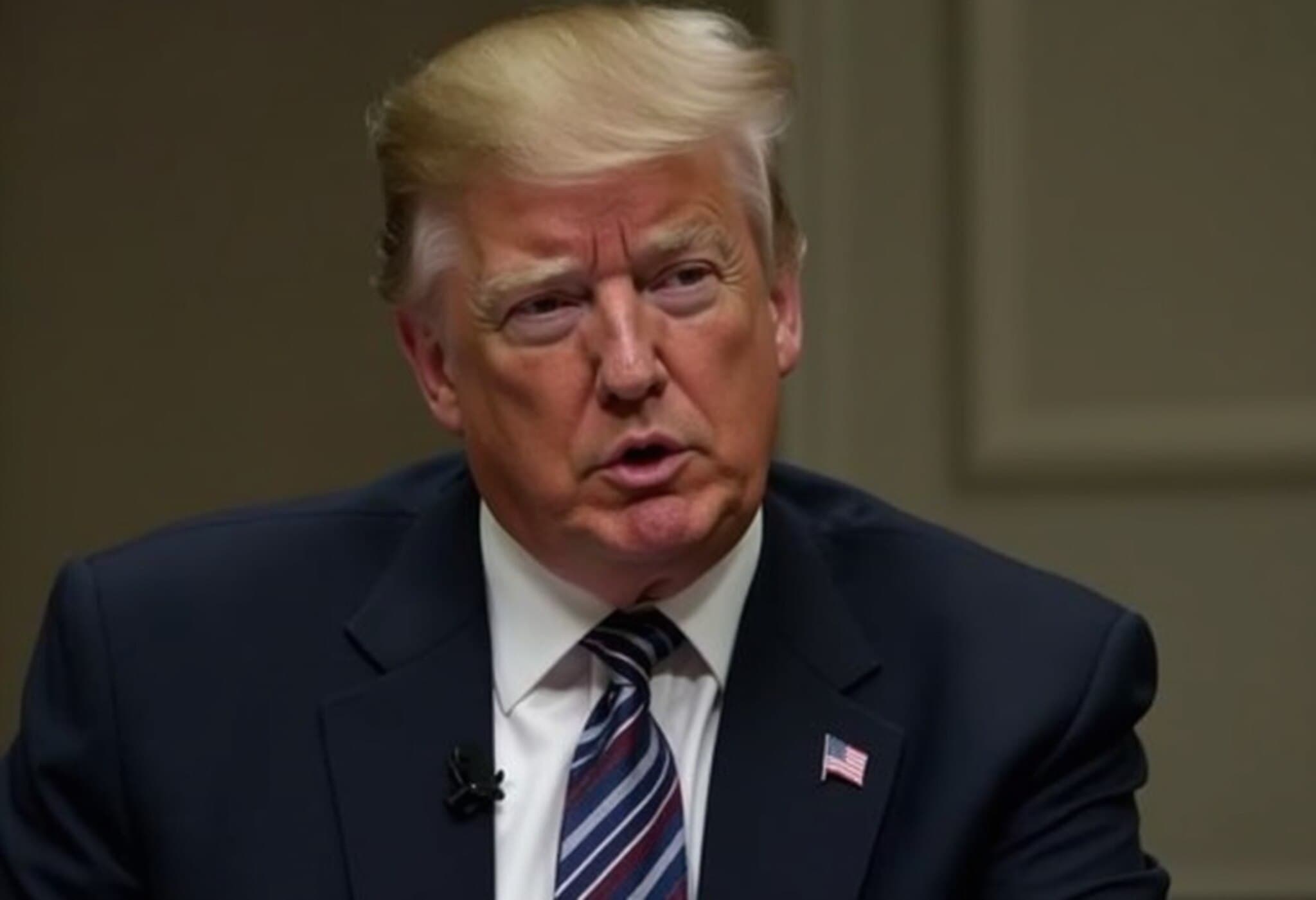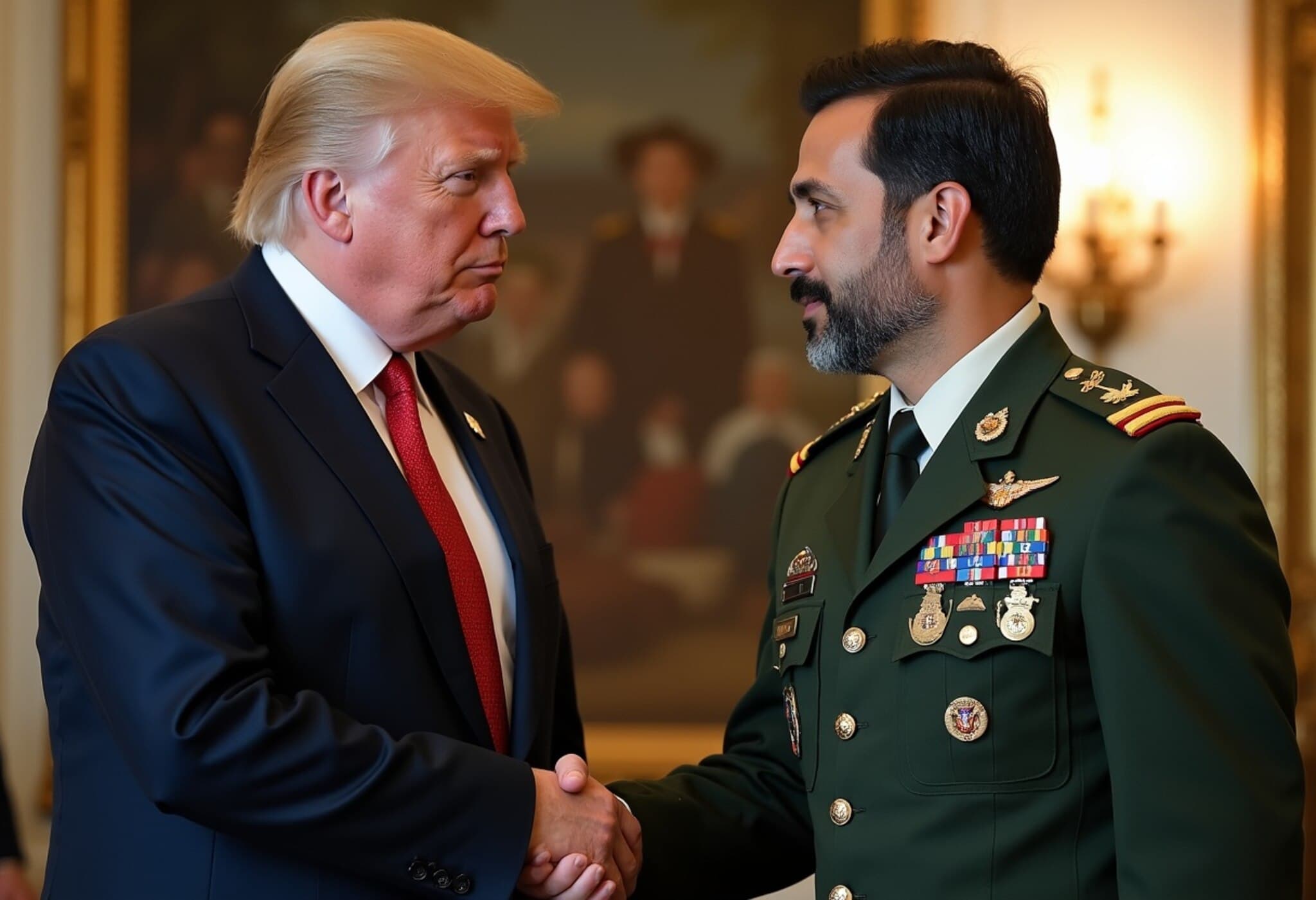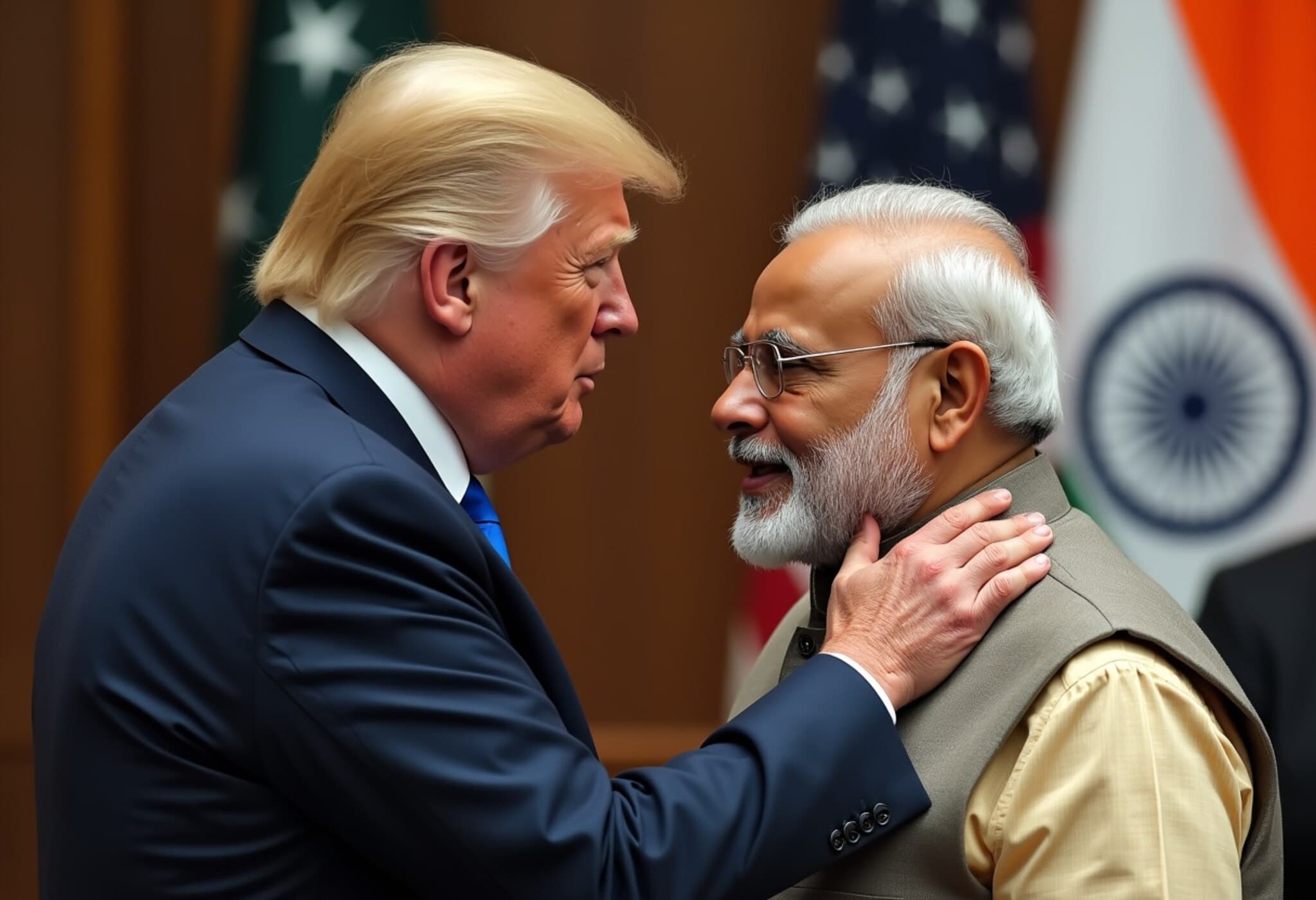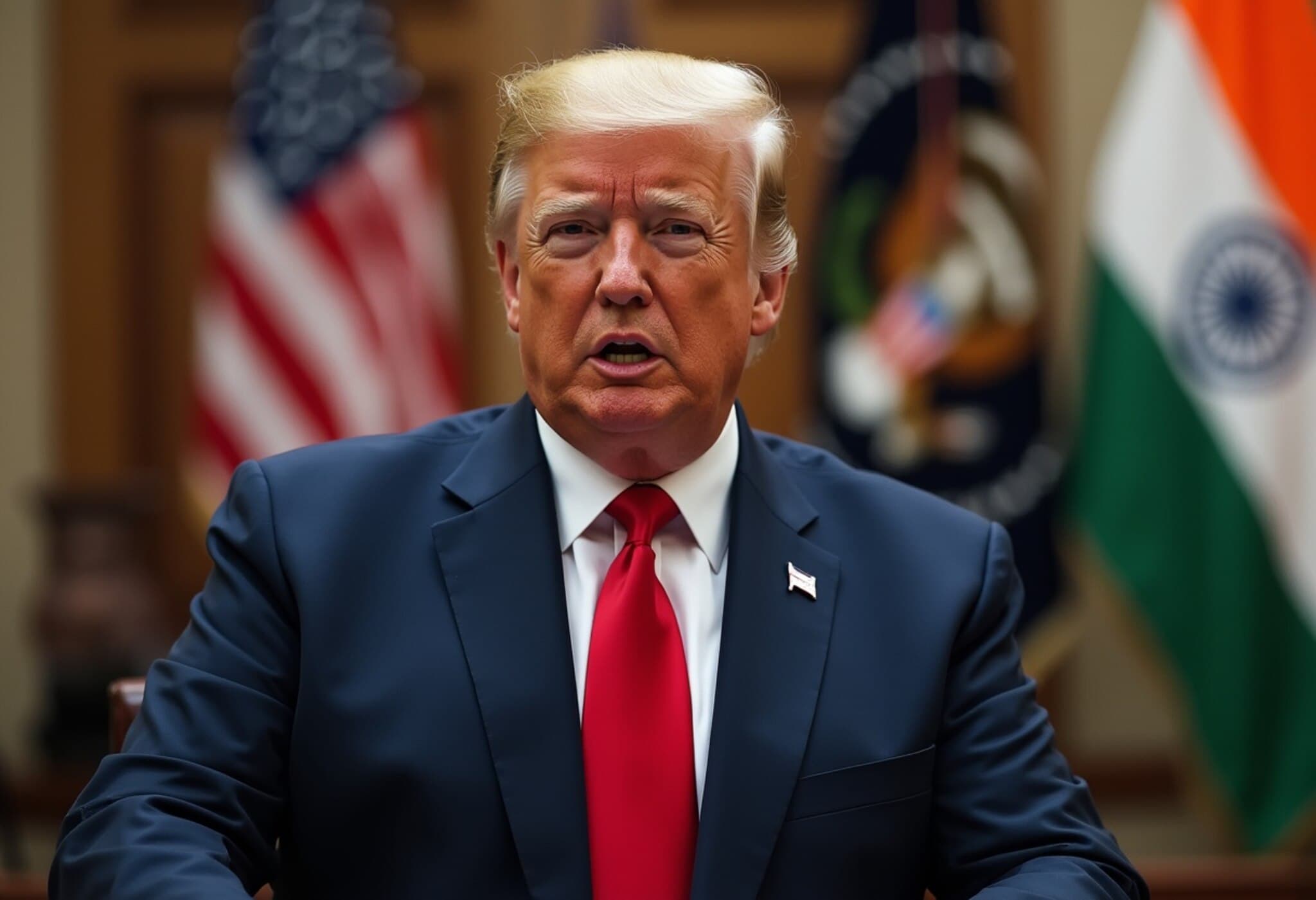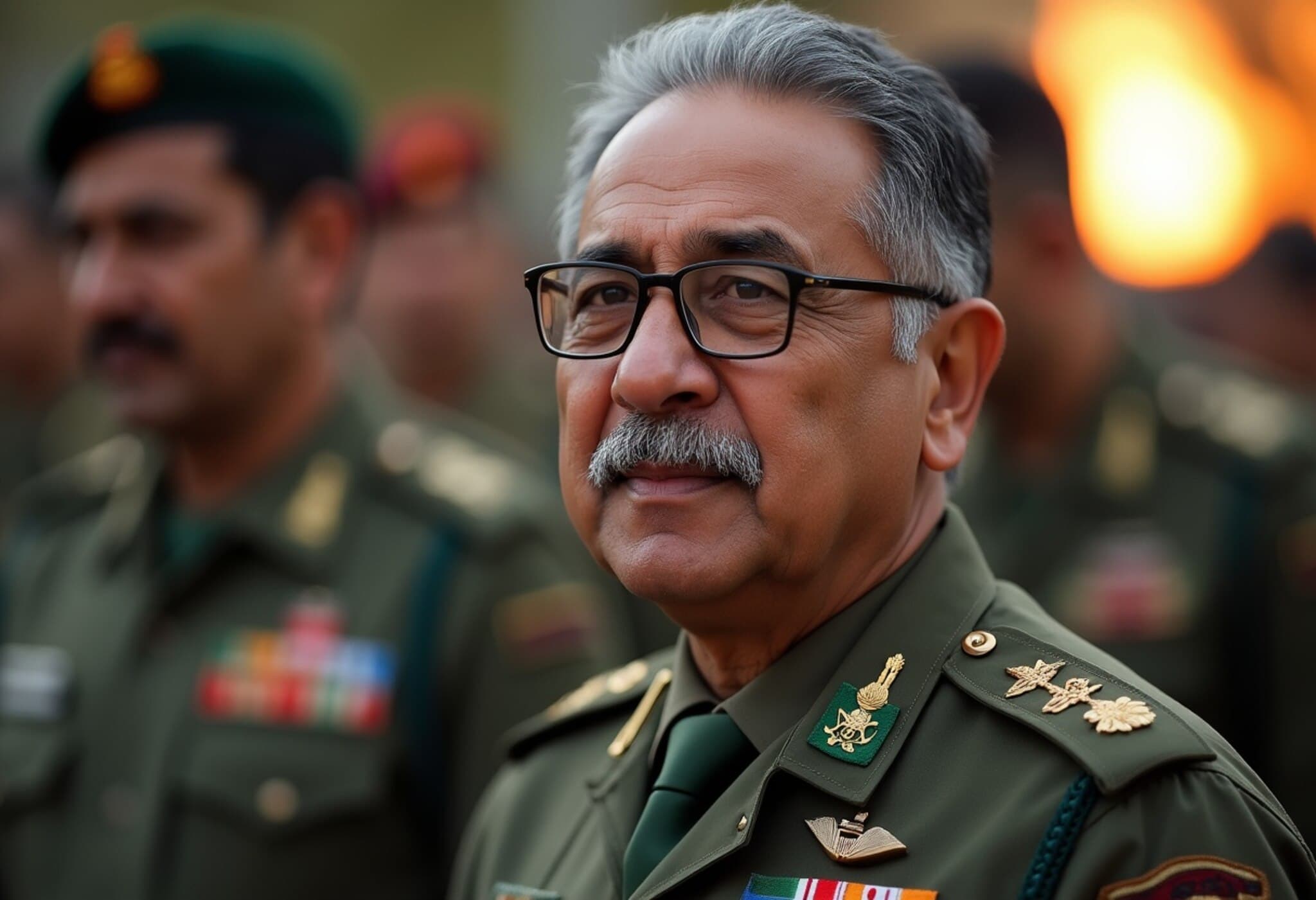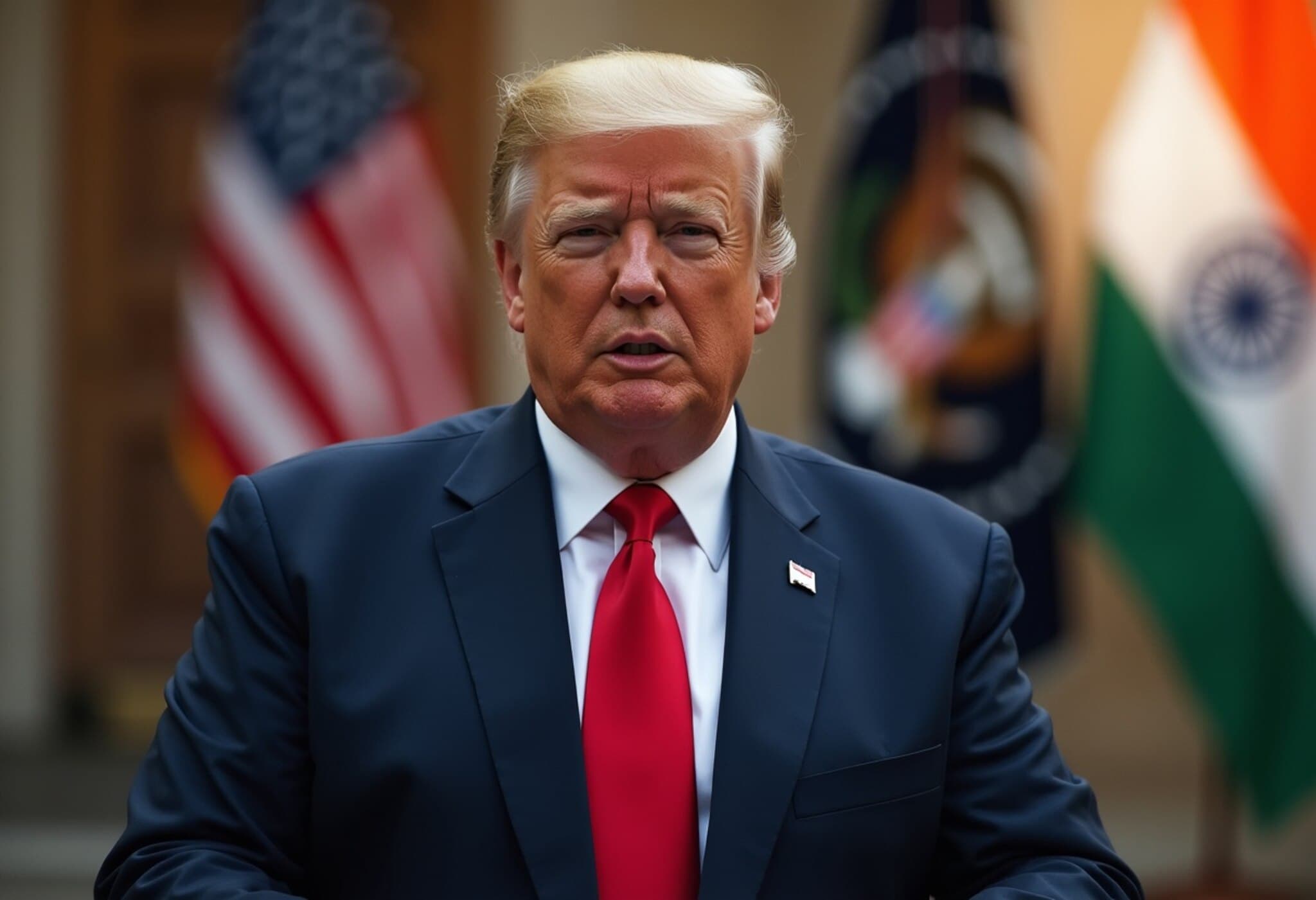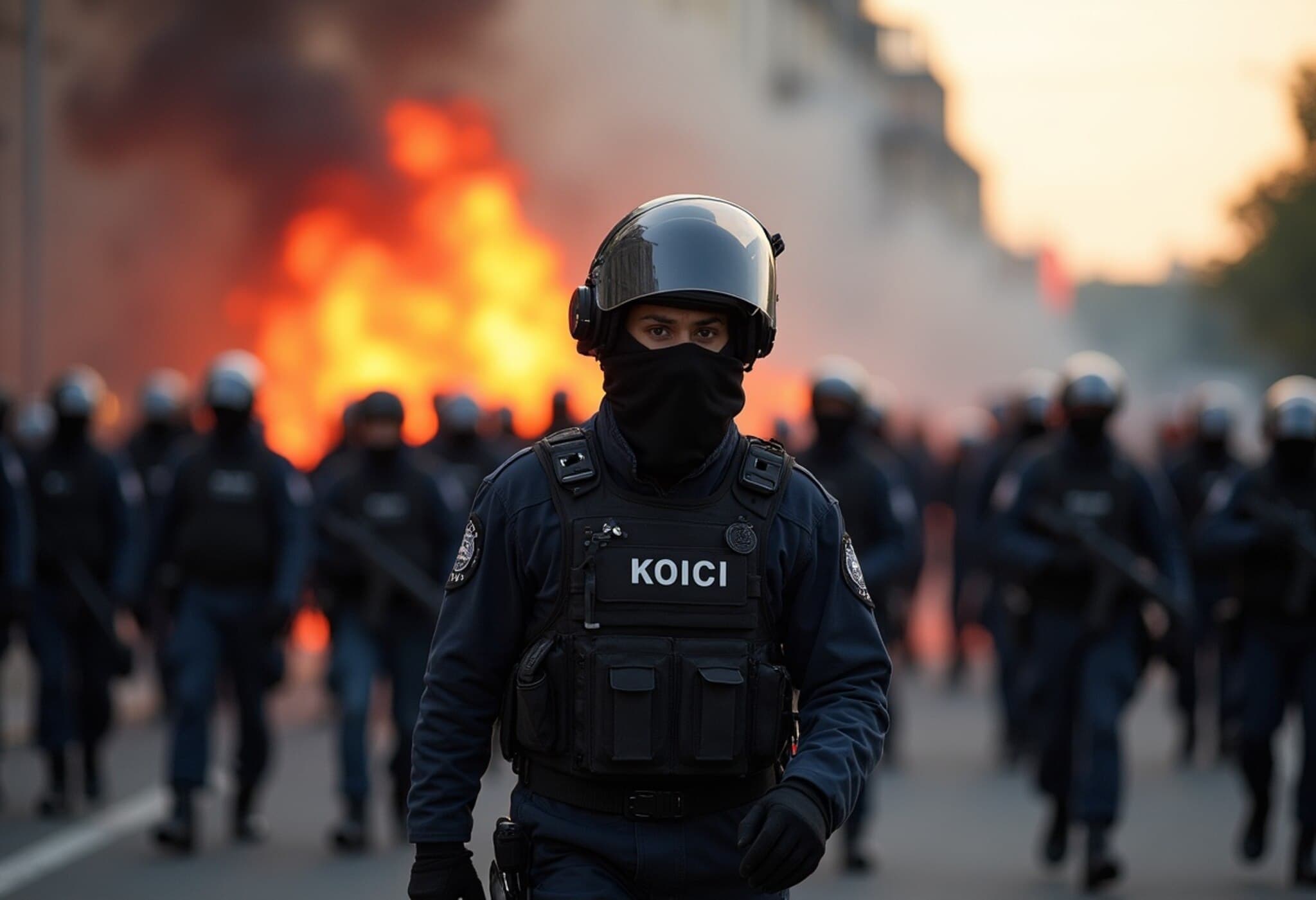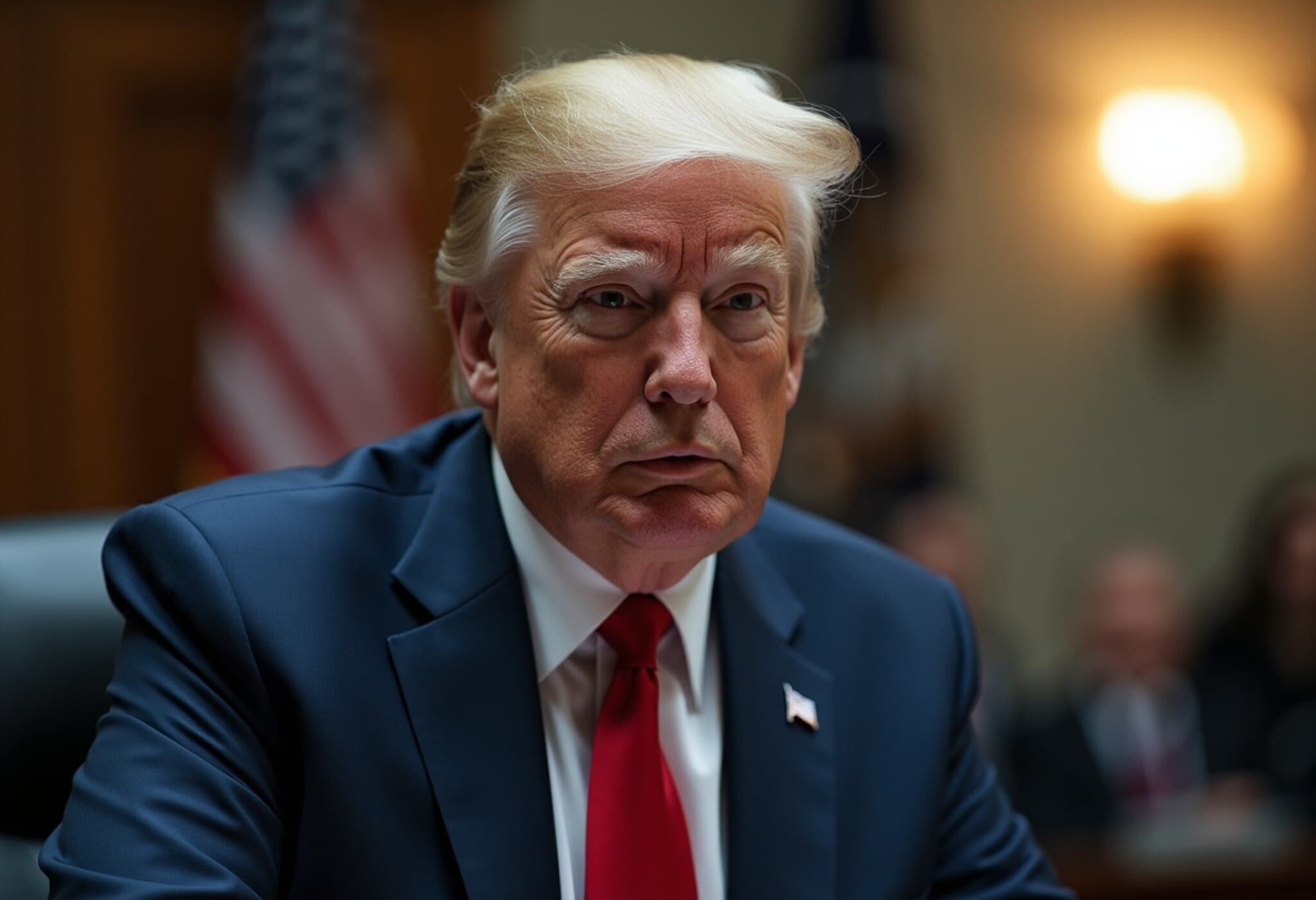Vice-President Dhankhar reaffirms India’s sovereignty in response to Trump’s India-Pakistan ceasefire claims
In the wake of former US President Donald Trump’s renewed assertions about his role in brokering the India-Pakistan ceasefire earlier this year, India’s Vice-President Jagdeep Dhankhar issued a firm statement underscoring India’s absolute sovereignty. Speaking on July 19, 2025, to the 2024 batch of Indian Defence Estates Service officers at the Vice-President’s Enclave, Dhankhar emphasized that no external entity can dictate terms to India regarding its internal or external affairs.
“No Power on Earth Can Dictate to India”
Without directly naming Trump, whose recent claims included crediting himself for helping negotiate a ceasefire in the conflict between India and Pakistan in May and an assertion that five Indian jets were shot down during hostilities, Dhankhar cautioned against being swayed by misleading narratives from abroad.
“Don’t be guided by narratives outside. All decisions in this country, a sovereign nation, are taken by its leadership,” Dhankhar said. “We live among nations as part of a comity—we work together, we work in tandem. We have mutual respect, diplomatic dialogues. But at the end of the day, we are sovereign; we take our own decisions.”
Contextualizing India’s Approach to Security and Diplomacy
Dhankhar also underscored India’s measured response to recent crises, contrasting it against prolonged destructive global conflicts like those in Ukraine and the Israel-Palestine region. Referencing the April Pahalgam terror attack and subsequent military action under what is known as Operation Sindoor, he highlighted India’s restrained yet decisive strategy.
- India launched targeted strikes on terror camps in Bahawalpur and Muridke.
- Following these strikes, India deliberately paused further escalation despite international pressures.
- The operation remains ongoing, reflecting a balanced approach focused on peace and stability.
“Some ask why we didn’t escalate,” Dhankhar explained. “The answer lies in our ethos: we are a nation of peace, inspired by Buddha, Mahavira, and Gandhi. We do not wish to harm even living beings—how can we target human beings? Our goal is to awaken a sense of humanity, not to destroy.”
Political Dynamics and The Opposition’s Response
Dhankhar subtly took aim at opposing political narratives, particularly the Congress party’s demand for Prime Minister Narendra Modi to clarify Trump’s claims in Parliament. Using a cricket analogy, a metaphor resonant across India’s diverse audience, he remarked: “Is it necessary to respond to every provocation? In cricket, a smart batsman leaves the bad balls—tempting, but best avoided. Those who go for them often end up caught behind or in the slips.” This comment suggested prudence in responding to politically motivated provocations.
Expert Insight: What This Means for India’s Global Standing
India’s firm assertion of sovereignty comes at a critical juncture when international narratives—especially from influential figures abroad—have the capacity to shape diplomatic discourse and public opinion. By reaffirming that no outside power can dictate terms, Dhankhar signals a strong message to the international community about India’s self-determined foreign policy trajectory.
Moreover, India’s balanced military response amidst global instability conveys a strategic depth that prioritizes long-term peace over reactive escalation. This approach not only aligns with India’s historical commitment to non-violence but also reinforces its standing as a responsible global actor committed to humanitarian values, even in geopolitically tense environments.
Broader Implications for US-India Relations
Trump’s recent claims—though lacking official confirmation—highlight the challenges democracies face in managing misinformation and the impact former leaders can have on international affairs. Dhankhar’s dignified rebuttal reflects India’s desire to manage bilateral relations with the US on the basis of fact and mutual respect rather than sensationalized narratives.
In an era of complex international ties, maintaining clarity and sovereignty in messaging is crucial for preserving diplomatic relationships and national dignity.
Editor’s Note
Jagdeep Dhankhar’s response to Donald Trump’s claims serves as a compelling reaffirmation of India’s sovereign decision-making power in the global arena. Beyond countering misinformation, his remarks remind us of the nuanced challenges India faces in balancing assertive yet peaceful responses amid regional conflicts. It raises important questions about how emerging narratives—both domestic and international—shape a nation’s diplomatic path. Readers might consider how global leaders’ claims outside official channels affect bilateral ties and public trust, and what India’s steadfast ethos can teach the world about measured statecraft in turbulent times.

